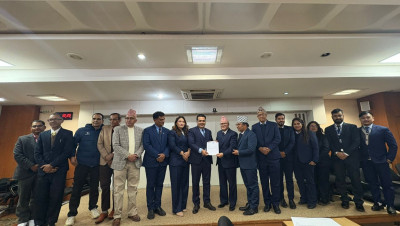‘Vasudhaiva Kutumbakam’ and the Curse of Nationalism: Why the World Forgot Its Family ?
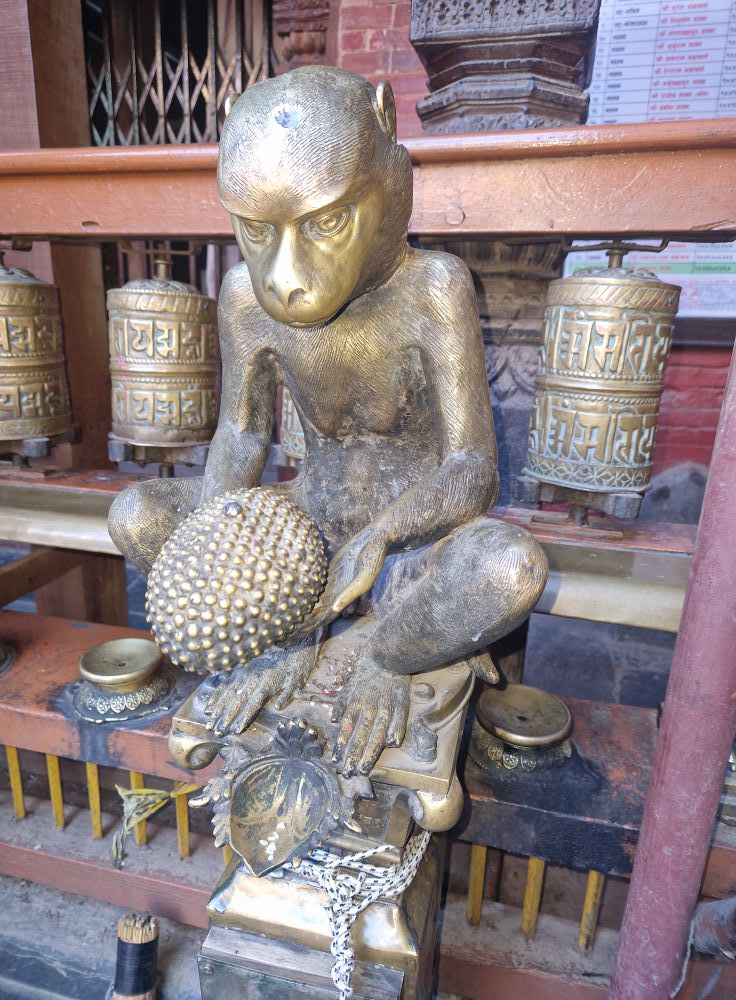
By Sunil Babu Pant
They say “Vasudhaiva Kutumbakam” — the whole world is one family.
Yet the same mouths that chant this ancient ideal of universal kinship are often the first to raise fences, demand passports, and police borders.
They speak of the world as family, but deny membership to those born across a line drawn on a colonial map. They speak of humanity, but defend privilege built upon exclusion.
This contradiction lies at the heart of modern nationalism — an idea that has made human beings strangers to each other.
---
The invention of modern nationalism
It would be wrong to say that collective identity or attachment to territory began with the French Revolution. Empires, kingdoms, and early forms of “nationhood” existed long before — from the city-states of ancient Greece and China’s dynasties to medieval kingdoms like England or Nepal under Prithvi Narayan Shah.
But what emerged in the late 18th century was something altogether new — modern nationalism.
Before that, loyalty was personal or divine: to a monarch, a faith, or a local ruler. The French Revolution of 1789 changed this profoundly. For the first time, sovereignty was declared to lie not with the king but with “the people.” The citizen replaced the subject.
The flag replaced the crown. And thus was born the nation-state — a political entity claiming to represent a unified “people” within fixed borders.
This modern nationalism was not just political; it was emotional, ideological, and administrative. It demanded that people see themselves as part of one national body — one history, one destiny. To sustain this, states invented mass education, censuses, national anthems, and passports — the bureaucratic rituals of belonging.
In Europe, nationalism unified countries like Italy and Germany. But in the colonies, it divided and ruled — drawing artificial borders that still bleed today.
---
Communism’s critique of nationalism
Karl Marx and Friedrich Engels were among the first to expose nationalism as a ruling-class illusion. In The Communist Manifesto (1848), they wrote:
“The working men have no country.”
For them, nationalism was a distraction — a way for the bourgeoisie to keep workers divided by flag while united in exploitation. Capitalism needed nationalism to protect markets and justify wars.
Communism, in contrast, envisioned a borderless solidarity. The International — workers of the world uniting — was its anthem. Lenin later supported some national liberation struggles, but only as temporary steps toward global socialism. For Marxists, nationalism is not destiny; it’s a detour.
---
Buddhist and Hindu worldviews on belonging
Long before modern nationalism, Buddhist and Hindu philosophies imagined a borderless world — though not in geopolitical terms, but moral and spiritual ones.
Buddha rejected caste and tribe, the earliest forms of exclusion. In the Assalayana Sutta, he taught that no one is noble or base by birth — only by their actions. His Sangha welcomed people from all regions and backgrounds. The Buddha’s compassion was transnational long before the term existed.
Similarly, the Upanishads offered Vasudhaiva Kutumbakam — from the Maha Upanishad:
“This is my relative, and that is a stranger — say the small-minded. For those of noble thought, the whole world is one family.”
It was not poetic fantasy; it was political philosophy. The divine essence (Atman) was shared across all beings. The world was one household, not a map of enemies and allies.
Ironically, both Buddhism and Hinduism — born of universalism — have been later rebranded by modern nation-states into exclusionary “national religions.” The spiritual vision of unity turned into a political tool of division.
---
The moral crisis of nationalism
Nationalism is dangerous because it thrives on fear — the fear of the other. It teaches people that their identity depends on the humiliation or exclusion of someone else. It glorifies soldiers who kill and brands migrants as threats.
In Nepal, India, or anywhere else, nationalism today is not love of country; it is hatred of difference. When it says “we,” it quietly means “not them.” When it says “Nepali pride,” it often excludes those without citizenship papers, those born in the margins, or those who love differently.
Nationalism, therefore, is not unity — it is sophisticated segregation.
---
Beyond the nation-state
The passport — the very symbol of belonging — is barely a century old. Standardized international borders are even younger, consolidated after World War I to control migration and maintain global hierarchies. They were designed not to protect people, but to preserve privilege.
Yet, in the 21st century, the idea of the nation-state itself is fraying. Climate change, digital networks, and GenZ movements are exposing how artificial these borders are. The crises we face today — ecological, humanitarian, technological — do not respect lines on a map. The world is being forced to remember that we are interdependent.
Perhaps the next revolution will not be national, but planetary.
---
Reclaiming ‘Vasudhaiva Kutumbakam’
If the world is truly a family, then nationalism is the family feud that went out of control.
We must recover the ancient and universal wisdom that existed before modern nationalism — the cosmic citizenship of humanity.
Let us be Nepali not because of the borders we guard, but because of the values we share: compassion, coexistence, and interdependence. Let us be global not because of travel, but because of empathy.
Nationalism divides; belonging heals.
The earth does not know nations — only humans do.
And perhaps, that is the problem.
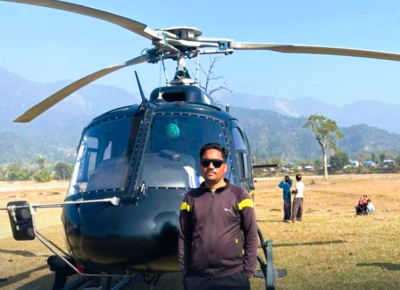
Helicopter from Jumla lands in Salyan due to bad weather
January 30, 2026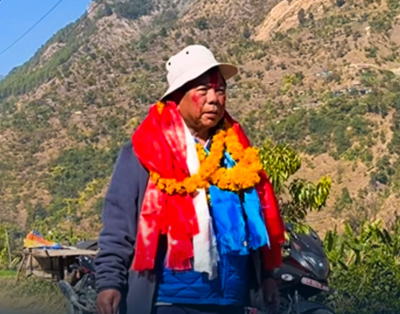
Mahabir Pun's Appeal to Voters: Do Not Sell Your Vote for Money
January 30, 2026
Helicopter from Jumla lands in Salyan due to bad weather
January 30, 2026-1769761552.jpeg)
NRNA Must Rise Above Personal Interests: Foreign Secretary Rai
January 30, 2026-1769761552.jpeg)



-1769665496.jpeg)
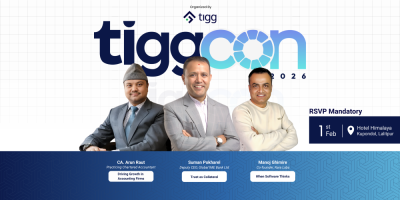

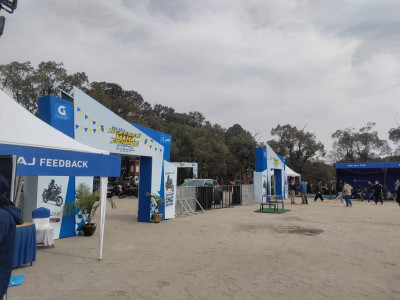
-1769407418.jpeg)
-1769770966.jpeg)
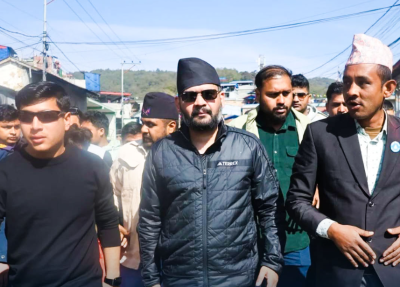
-1769760538.jpg)
